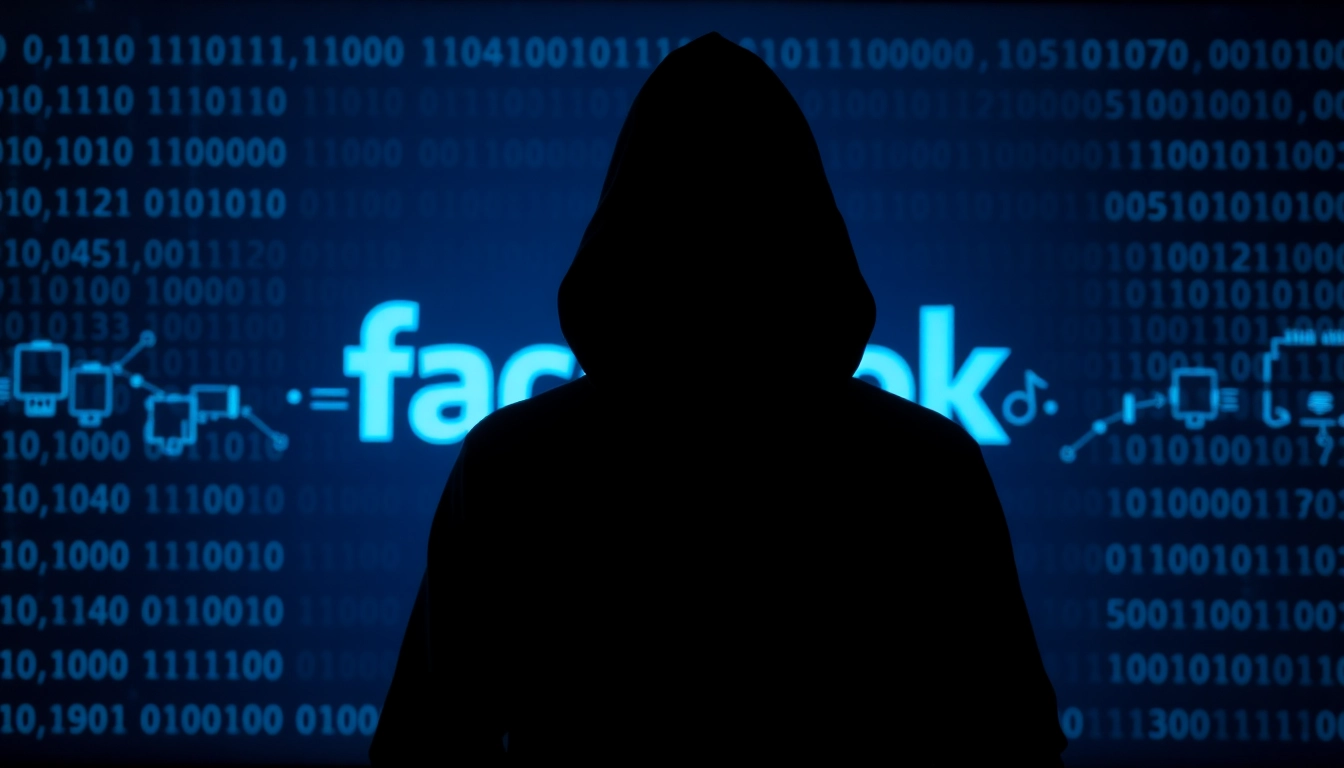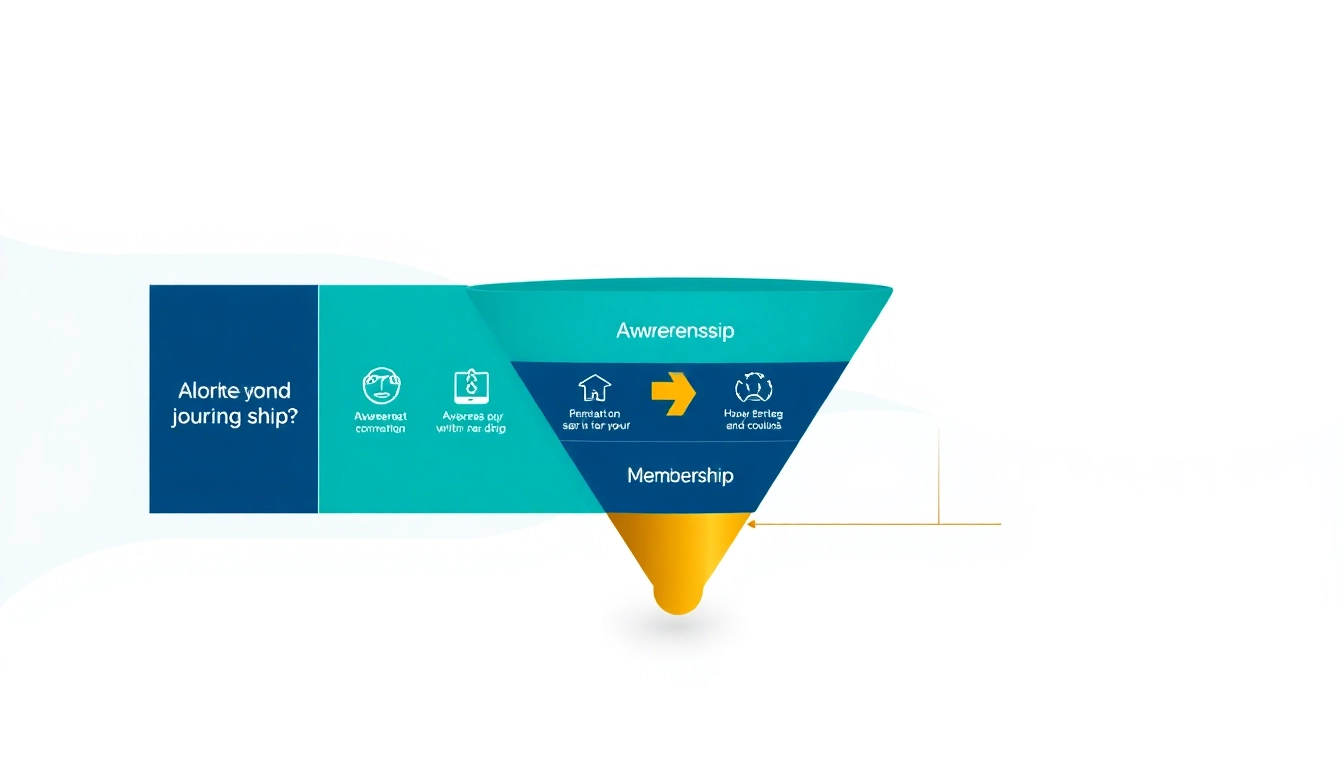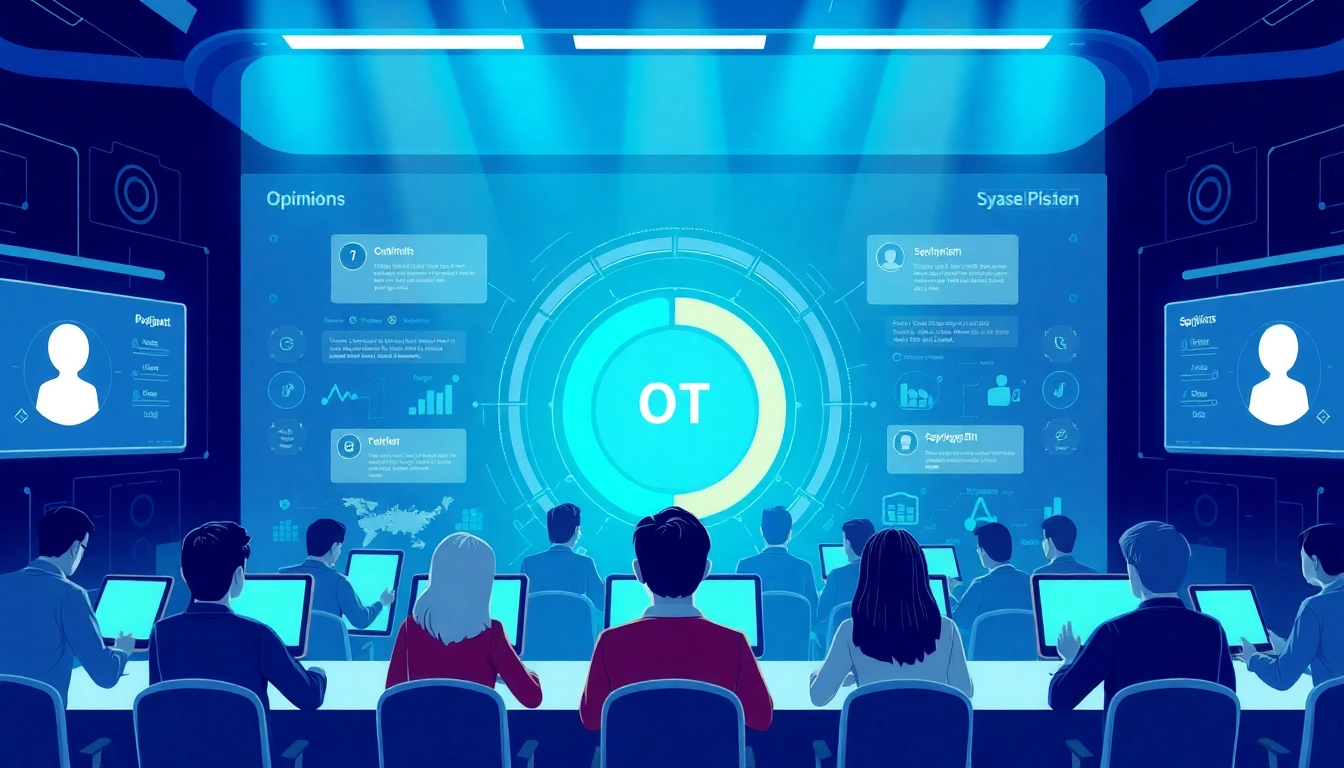The Concept of Anonymous Hacking
In the digital age, hacking has evolved beyond mere computer break-ins. It has morphed into a socio-political movement for some individuals and groups. Within this context, the term anonymous facebook hacker often surfaces, highlighting the intersection between hacking practices and the pursuit of anonymity in the online realm. Understanding the ideological underpinnings and operational methods of anonymous hackers is crucial for navigating the complexities of modern cybersecurity.
Understanding Anonymous Hacker Ideology
The Anonymous collective emerged in the early 2000s as a decentralized group of activists and hacktivists who protested against issues such as corporate greed, censorship, and government surveillance. They believe in the power of the internet as a tool for democracy and freedom. Members of this collective are known for their signature Guy Fawkes masks, which symbolize resistance against oppressive systems.
At its core, the ideology of Anonymous revolves around the dual principles of privacy and activism. They advocate for the protection of individual freedoms while simultaneously exposing injustices perpetrated by powerful entities. This has led to numerous high-profile cyber-attacks, including those targeting social media platforms like Facebook, where they claim to fight against the infringement of privacy rights.
Breach of Privacy: A Growing Concern
In recent years, privacy breaches on social media platforms have escalated, resulting in widespread concern. Facebook, in particular, has faced scrutiny over its handling of users’ data—issues ranging from unauthorized information sharing to cyberbullying and harassment. The public outcry against these practices has galvanized Anonymous to act, viewing such breaches not merely as technical violations but as threats to personal freedom.
For example, one prominent instance was the 2020 operation by Anonymous in response to revelations about Facebook’s data handling. They initiated campaigns that not only exposed vulnerabilities within the platform’s security framework but also rallied users to demand greater control over their personal information. Such actions have solidified the group’s reputation as a self-styled guardian of digital privacy.
Examples of Anonymous Hacks Related to Facebook
There have been various high-profile cases where Anonymous has targeted Facebook to highlight privacy issues. One example includes the ‘Operation Facebook’ incident, where Anonymous hacked into the platform and leaked sensitive internal documents to demonstrate the platform’s alleged negligence in securing user data. This attack served both as a protest and an educational tool, reinforcing the collective’s narrative of digital rights activism.
Another notable instance involved the hacking of personal accounts of public figures to draw attention to the vulnerabilities within Facebook’s security protocols. Such actions typically aim to expose how even those in powerful positions are not immune to breaches, thus calling for a more robust cybersecurity approach across the board.
How Anonymous Hackers Operate
Understanding the operational methods used by Anonymous hackers reveals much about their effectiveness and scope. These groups rely on various techniques, from sophisticated software tools to social engineering tactics, allowing them to infiltrate systems and raise awareness about their causes.
Techniques Used by Anonymous Hackers
Anonymous hackers deploy several techniques to carry out their operations. Among the most notable methods are Distributed Denial of Service (DDoS) attacks, which overwhelm a server by flooding it with traffic, rendering it inaccessible. This tactic has been used effectively against platforms that restrict user freedoms, including various national and corporate websites.
Moreover, social engineering has emerged as a powerful tool within their arsenal. This tactic involves manipulating people into divulging confidential information. Anonymous has employed phishing attacks, deceiving users into providing login credentials, thereby breaching accounts without technical hacking measures. Such methods underscore the collective’s adaptability and resourcefulness in pursuing their objectives.
Tools and Software Explored
To aid their activities, Anonymous hackers utilize a range of software tools. Some of these include:
- LOIC (Low Orbit Ion Cannon): This tool is frequently used for DDoS attacks, allowing users to target websites with massive incoming traffic.
- Tor: The Tor network serves to anonymize users’ internet activity, providing a layer of security that is crucial for individuals engaging in potentially illegal activities.
- Wireshark: A network protocol analyzer that allows hackers to capture and interact with data packets, facilitating unauthorized access to networks.
Their choice of tools highlights the sophisticated nature of their operations. Their technical proficiency demonstrates a commitment not only to anonymity but to executing tactical cyber campaigns effectively.
Social Engineering Tactics
Social engineering remains a cornerstone of Anonymous’s operations, enabling them to manipulate soft targets to achieve hard goals. Techniques employed can range from impersonation—where hackers masquerade as trustworthy contacts—to pretexting, which involves fabricating a scenario to elicit information from unsuspecting individuals.
For instance, during a campaign aimed at exposing Facebook’s security flaws, hackers may create a fake IT support hotline, guiding users through steps to “secure their accounts”—while actually harvesting sensitive data in the process. Such tactics emphasize the psychological aspects of hacking, reminding us that technology isn’t the only battleground in modern cybersecurity.
Legality and Ethics of Hacking
The actions of Anonymous prompt a broader discussion about the legality and ethics surrounding hacking. As they operate in a gray area of legality, understanding public sentiment and legal frameworks is essential to grasp the implications of their activities.
When Hacking Becomes Illegal
While many of Anonymous’s goals align with the public interest—such as promoting privacy rights—their methods frequently cross legal lines. In most jurisdictions, unauthorized access to personal data and network systems is illegal, regardless of the intent behind the action. This complexity often leads to debates over the justification of “hacktivism.”
One prominent case that highlights this dilemma involved a group of hackers affiliated with Anonymous who were prosecuted after breaching various corporate databases. While their aim was to expose corruption, they faced serious legal repercussions, illustrating the inherent risks of hacktivist actions. The fine line between hacking for the public good and illegal activity remains contentious, with varying interpretations internationally.
Public Opinion on Anonymous Hackers
Public opinion on Anonymous is polarizing. On one hand, some view them as modern-day Robin Hoods—fighting for social justice and transparency. On the other hand, critics argue that the group’s tactics undermine legal frameworks and threaten internet security. Studies and polls show that while many support the ideals of privacy and transparency that Anonymous promotes, they are less supportive of the methods employed to achieve these ends.
The mixed sentiments reflect a broader societal debate about the ethics of hacking, highlighting the complex relationship between societal norms, legality, and activism in the digital age.
Ethical Dilemmas in Cybersecurity
Engaging with ethical dilemmas in cybersecurity requires examining the implications of one’s actions. For instance, when Anonymous chooses to expose sensitive information, they must consider the potential fallout on innocent parties and the long-term consequences of their actions. While the group may operate from a place of idealism, the practical ramifications can often lead to collateral damage.
Moreover, ethical hacking raises questions about consent and power dynamics. Should hackers consider the viewpoints of average users who may not share their commitment to privacy in the same way? The discussions around ethical hacking often reveal deep philosophical divides between freedom of information advocates and those who prioritize consent and responsible action.
Protecting Yourself Against Unauthorized Access
In light of the growing prevalence of hacking and cyber attacks, individuals must take proactive steps to safeguard their digital presence. Understanding the principles of cybersecurity is vital for protecting personal information, especially on platforms like Facebook.
Creating Strong Passwords
One of the most fundamental steps in cybersecurity is creating strong and unique passwords. A strong password should be at least twelve characters long and include a mix of uppercase and lowercase letters, numbers, and symbols. It’s essential to avoid using easily guessable information, such as dates of birth or common words.
To enhance password security, consider using a password manager, which can generate and store unique passwords for various online accounts. This approach reduces the risk of repeated password usage across different platforms, a common pitfall that hackers exploit during data breaches.
Understanding Privacy Settings on Facebook
Moreover, conscious management of privacy settings on Facebook is crucial. Users should regularly review their privacy settings to control who can view their profiles, posts, and personal information. Limiting the audience of posts increases personal security while minimizing exposure to potential hackers or malicious actors.
In addition, utilizing features like two-factor authentication provides an added layer of protection. This method requires a second form of verification alongside the password, making unauthorized access significantly more challenging.
Utilizing Security Software Effectively
Incorporating security software into your digital routine can further bolster defenses against hacking attempts. Solutions such as antivirus programs, firewalls, and anti-spyware systems provide essential layers of protection. It’s important to keep this software regularly updated to safeguard against the latest threats and vulnerabilities.
Furthermore, awareness and education play pivotal roles in user security. Engaging with community resources and cybersecurity training sessions can enhance understanding of the latest threats and response strategies, fostering preventive measures against unauthorized access.
The Future of Anonymous Hacking
The landscape of hacking is continually evolving, with Anonymous hackers often at the forefront of this evolution. As technology progresses, so too do the methods and motives behind cyber-activism.
Predictions for Cybersecurity Trends
Looking toward the future, it’s anticipated that cybersecurity threats will increase in sophistication and prevalence. The rise of artificial intelligence and machine learning could lead to new forms of cyber attacks, requiring an equally dynamic response from individuals and organizations alike.
As threats evolve, the tactics employed by groups like Anonymous may adapt as well. Increased government regulations around data privacy could provoke more aggressive actions from hacktivist groups, emphasizing the dual nature of their roles as both protectors and disruptors in the digital landscape.
The Role of Anonymous in Digital Activism
Anonymous is expected to continue playing a significant role in digital activism, especially as public attention to data privacy and corporate misconduct intensifies. Their actions often ignite conversations about ethical governance in technology and the responsibilities of major platforms like Facebook.
The group’s capacity to galvanize public opinion will remain integral as they target issues surrounding censorship, corporate abuse, and privacy infringement, positioning themselves as crucial players in the ongoing dialogue around internet freedoms.
How Users Can Adapt
As the digital space continues to change, so too must users adapt to this evolving environment. Staying informed about security measures and best practices becomes increasingly critical as new threats emerge. Following proper cybersecurity protocols, such as regularly updating software, employing strong passwords, and being wary of unfamiliar communications, can help individuals safeguard their online identities.
Furthermore, becoming engaged with communities focused on privacy rights and cybersecurity can provide valuable support networks. As users learn to navigate these evolving challenges, fostering a culture of awareness and vigilance within personal and community networks will enhance resilience against potential threats.



